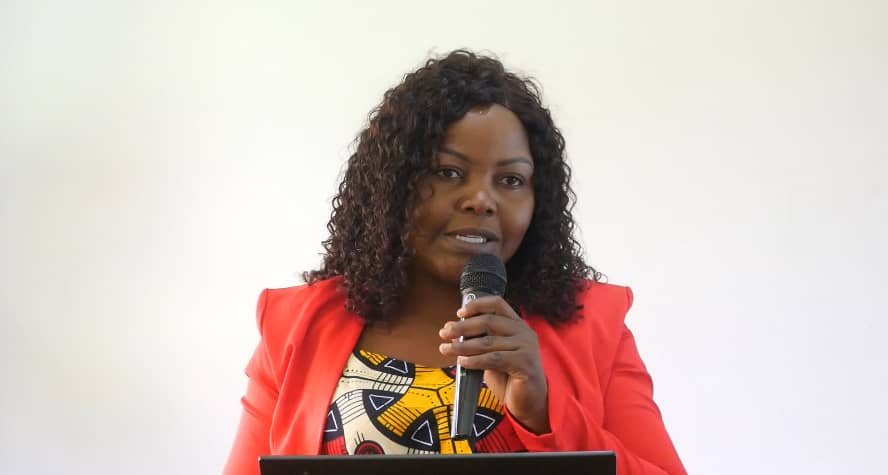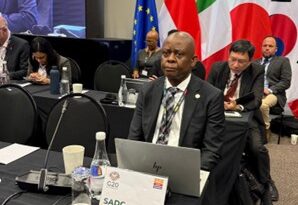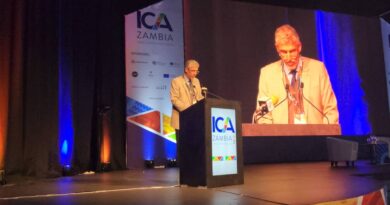Study Highlights Challenges Facing Women in Politics in Zambia
A recent study by Janet Mundando under the Southern African Institute for Policy and Research (SAIPAR) sheds light on the barriers limiting women’s participation in Zambia’s political landscape, leading to their underrepresentation in decision-making roles.
Speaking at a community roundtable organized by SAIPAR’s Muna Ndulo Campus in Lusaka, supported by the Irish Embassy, Ms. Mundando highlighted that women make up half of the global population but hold only 27% of parliamentary seats worldwide and a mere 5-6% in local governments.
She emphasized the need for women to take on meaningful political roles beyond peripheral activities like supporting political events. “Women must move beyond being expected to cook or dance at gatherings and instead actively contest electoral offices,” Ms. Mundando stressed.
The researcher pointed out that women face multiple forms of inequality, with many juggling the roles of mothers, wives, and students, compounding their challenges. Referencing international frameworks like the 1979 Convention on the Elimination of All Forms of Discrimination Against Women (CEDAW) and the 1995 Beijing Declaration, she called for continued efforts toward gender equality.
In Zambia, despite policies like the 2014 National Gender Policy and the 2015 Gender Equity and Equality Act, women’s representation in parliament remains low, at 15%, a decrease from 17% in 2016. While some progress has been made in sectors like the judiciary and banking, women still struggle to break into political offices.
Ms. Mundando attributed the underrepresentation of women to patriarchy, financial constraints, and political violence, calling for an electoral system that encourages gender quotas to foster more inclusive political representation.
She concluded her remarks by emphasizing that the fight for gender equality must continue to ensure better political representation for women in Zambia.



